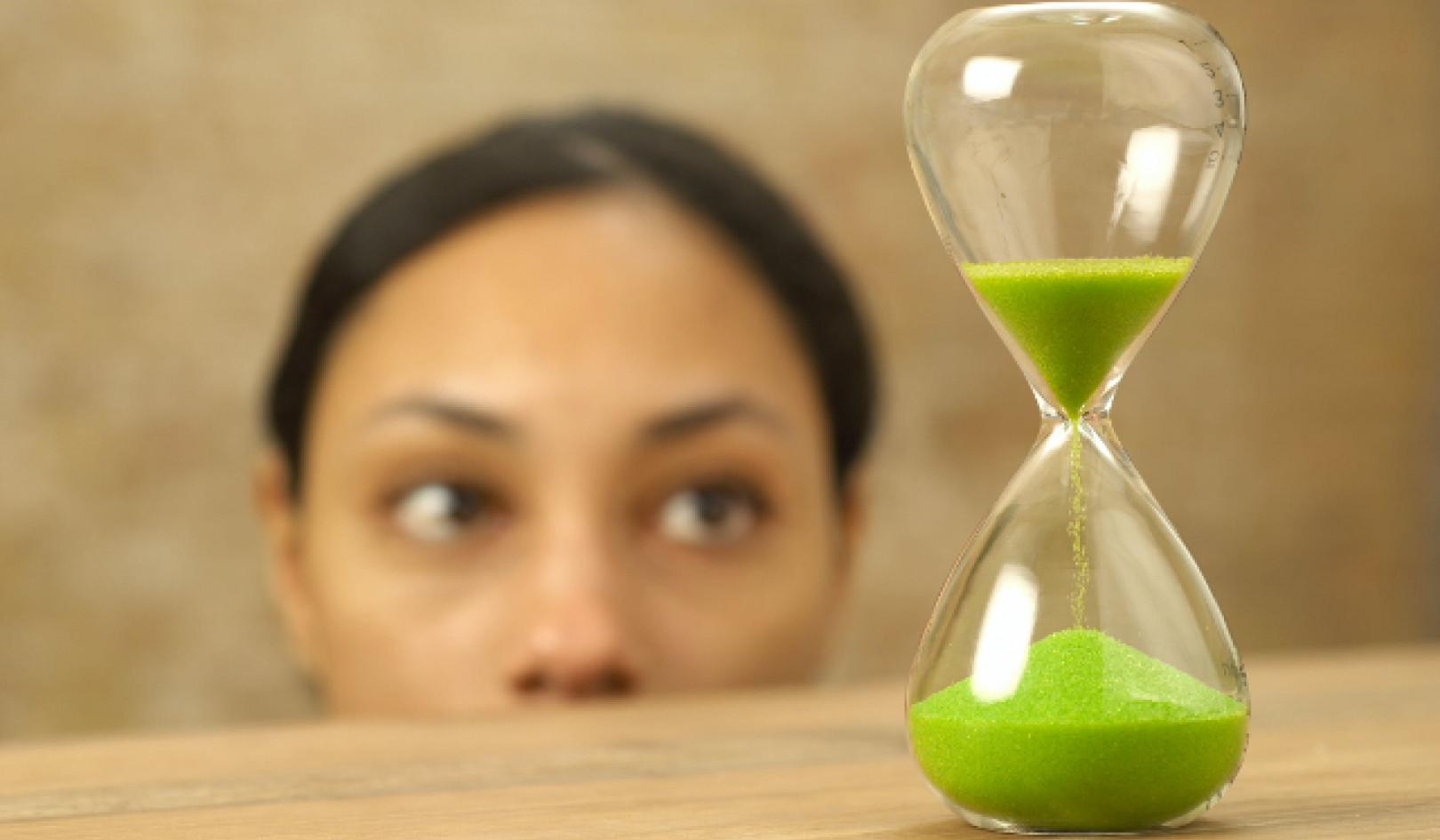
Editor's Note: While this article pertains specifically to kids coping with stress, most of the suggestions can apply to adults as well.
As adults, we are often under pressure in many areas of our lives. It’s easy to start feeling overwhelmed when we’re being pulled in many different directions, but we are also capable of recognizing that we are stressed out and utilizing healthy ways of coping.
Children, however, are not as adept at understanding complex emotions like stress, and aren’t likely to be able to tell you when they have too much on their plate. A child who is stressed out isn’t likely to appear so. Rather, their anxiety is often portrayed through a series of signs, which can be physical, emotional, or behavioral. Here are a few things to look for:
- Becoming withdrawn
- Losing interest in talking with family
- Losing interest in eating
- Losing interest in activities they enjoy
- Becoming overly obsessed with activities they enjoy
- Persistent stomach trouble
- Headaches
- Lethargy
- Trouble sleeping
- Bedwetting
- Behavioral changes
Once you recognize that a child is under too much stress, you can then begin helping them cope with it in healthy ways. Here are several options to help children relax, unwind, and re-focus their minds and energy.
Try Yoga
Yoga is a great way to ease tension and bring your mind to a calmer state naturally. The combination of gentle stretching and an intent focus on breathing is the perfect way to turn stress, especially physical stress, around.
The good news is that yoga isn’t just for adults! With a little time and patience, you can enjoy a nice yoga session with your children, and they won’t even know that they’re learning coping skills along the way. Here are six great yoga poses for kids, a great place to start when introducing children to the practice.
Meditation, Maybe?
Mindful meditation is another great way to alleviate stress and pull your mind away from negative thoughts and worry. It is also a skill that takes practice and patience, so it may be tough for younger children to grasp. However, older kids, especially teens and preteens, can benefit a lot from regular meditation, and can carry their new-found release with them in many aspects of their life. If they’re having trouble focusing at school, or dealing with a difficult friend or social situation, a quick breathing session can help them re-focus their mind on what’s important.
Meditation is also a great way to immediately melt anxiety and tension, so it can be used when a child is about to have a meltdown or is in an immediate crisis. I highly recommend practicing meditation with your kids, as a shared activity, to get them into it and really solidify the base pillars of the practice. Here is a video on how to meditate for beginners, which would be a great way to introduce this ultra-calming skill to your children.
Consider Getting A Pet
Over the past few decades, pet ownership has been recognized as a great way to enhance quality of life, elongate lifespan, and help individuals cope with numerous physical and mental illnesses. This effect extends to all ages: studies show that children with pets have less stress. This makes sense, as pets offer unconditional love and comfort, and also require care that can help take an individual’s focus off of themselves.
If a child arrives home from a tough day at school and there is no one to talk to, a dog or a cat can lend an ear, and a snuggle, that will help alleviate feelings of stress and loneliness. Dogs can also be helpful with emotional and social development, as they tend to follow human communicative cues.
Animal Therapy
A pet may not be for every family, but that doesn’t mean that your children can’t experience the stress-relieving effect that animals have. There are several ways that kids can spend time with animals without having to have an actual pet. For instance, a friend with a dog may need help walking it, which is a great job for kids that teaches them responsibility along with providing some soothing and calming effects. Animal sanctuaries can be a relaxing place to spend some time, as can a trip to a local pond to feed the ducks (healthy things like halved grapes and bird seed).
One particularly powerful tool is equine-assisted therapy: science shows that working with horses results in stress relief, lower blood pressure, and reduction in feelings like anger and anxiety. It can also increase self-esteem, patience, and trust. Local stables offer riding lessons, and even sometimes sessions meant specifically to be therapeutic, and might also be interested in volunteers to help take care of the horses.
Make Sure Quality Time Is Actually Quality
We all know it’s important to spend one-on-one time with our children, and the fact that they grow up so quickly often leaves us feeling like we never spent enough time with them. When a child is stressed out, it can be very beneficial to sit and talk with them about their feelings. The best way to go about this is to lead the conversation with a few questions meant to get them to open up, but let them do most of the talking, and really make an effort to show that you’re hearing what they’re saying. You may be tempted to offer advice, but in these instances, an offering of understanding and empathy will do the most good.
If they don’t seem to be in the mood for talking, spend some time doing an activity that will help take their mind off of things. A walk or hike through nature, a trip to a zoo or museum, or even just a trip to the local ice cream parlor can make a difference if you focus your time and energy on them. It’s important to remember that when it comes to quality time spent with children, quality really is better than quantity. Sitting in front of the television while staring at your smartphones doesn’t quite constitute quality time spent with someone.
It should also be noted that it can actually be harmful to spend time with your children when you yourself are stressed out. According to the Washington Post, parents, especially mothers, can have a poor impact on their children when they are overly stressed, sleep deprived, guilty, or anxious. These negative emotions are likely to rub off on your kids, so if you are in a bad spot yourself, try and take a few moments to calm yourself down before engaging with your family.
In the end, it’s important to remember that stress doesn’t just affect adults. It is a normal part of life for people of all ages, but it’s harder to recognize in children. If they don’t learn healthy coping skills now, it can be detrimental to their growth and development, and leave them less able to handle tough situations later in life.
The Relaxation and Stress Reduction Workbook for Kids contains lots more activities that can help kids learn to manage stress.
©2016 by AJ Earley. All Rights Reserved.
About the Author
 AJ Earley is a personal chef, freelance writer, travel junkie, and root beer float enthusiast from Boise, Idaho... and now, a contributing writer at InnerSelf.com
AJ Earley is a personal chef, freelance writer, travel junkie, and root beer float enthusiast from Boise, Idaho... and now, a contributing writer at InnerSelf.com
Related Books
at

Thanks for visiting InnerSelf.com, where there are 20,000+ life-altering articles promoting "New Attitudes and New Possibilities." All articles are translated into 30+ languages. Subscribe to InnerSelf Magazine, published weekly, and Marie T Russell's Daily Inspiration. InnerSelf Magazine has been published since 1985.

Thanks for visiting InnerSelf.com, where there are 20,000+ life-altering articles promoting "New Attitudes and New Possibilities." All articles are translated into 30+ languages. Subscribe to InnerSelf Magazine, published weekly, and Marie T Russell's Daily Inspiration. InnerSelf Magazine has been published since 1985.


























